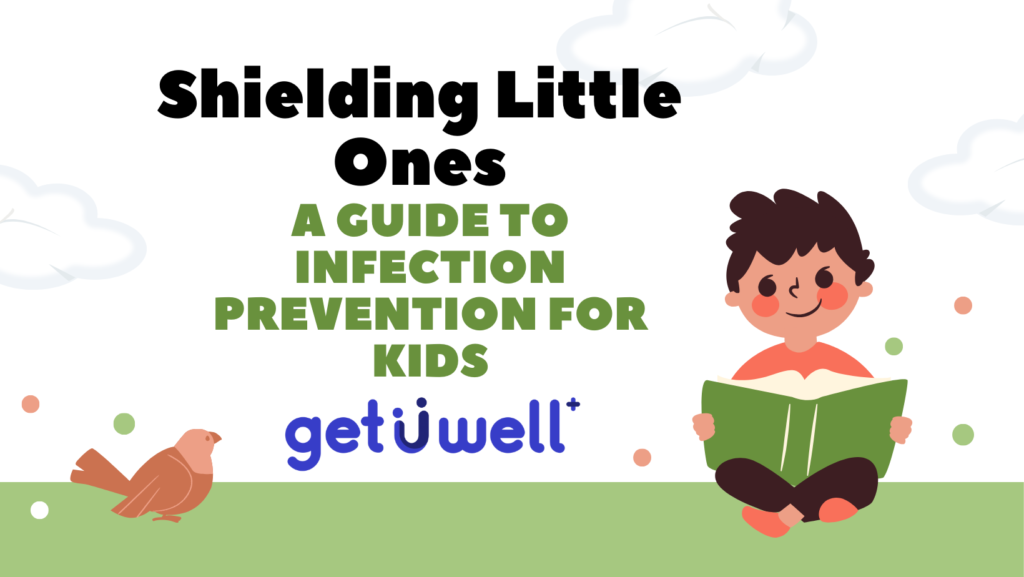
Should I Be Concerned If I Have A Fever?
With COVID-19 still going strong, you’re suspicious of every symptom, even when it’s something perfectly harmless. But a fever always means something. Find out what’s causing it and what you should do if you get one.



